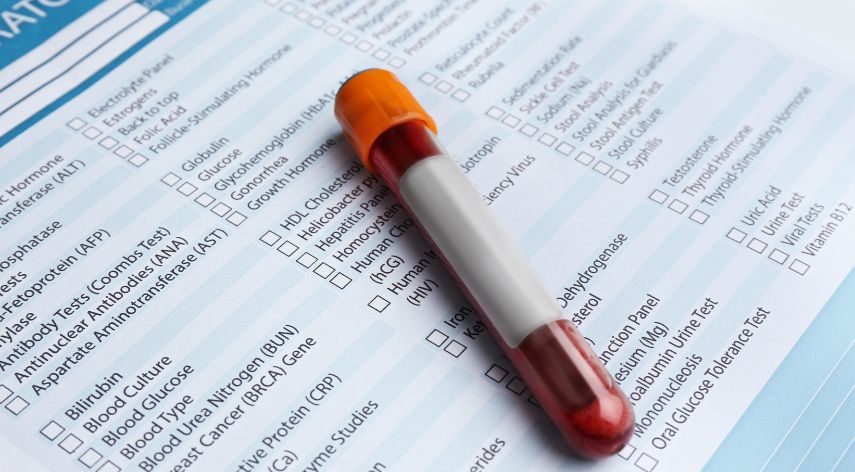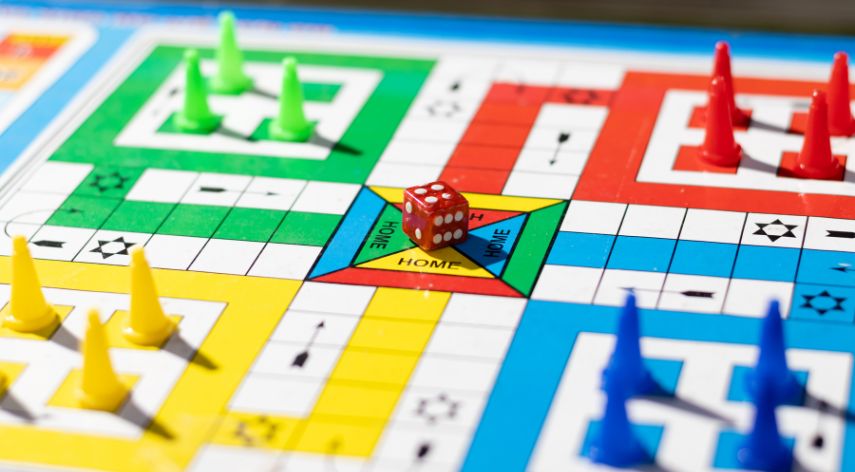MEDICAL CANNABIS: WHO CAN IT BE USED FOR

Table of Contents
ToggleThe Topic Of This Post
- What is medical cannabis?
- Medical cannabis is never light cannabis
- How is cannabis used for medicinal purposes?
- What diseases is medical cannabis used for?
- Management of chronic pain, chemo, and radiotherapy
- Cannabis stimulates the appetite
- It lowers blood pressure and reduces involuntary spasms
- Medical cannabis: some legal aspects
- Medical cannabis: side effects and contraindications
- Who is it not suitable for?
The psychotropic properties of cannabis were well known to ancient peoples, such as the Assyrians and Hindus, but the plant also had extensive use as a medicine. During the twentieth century, however, prohibition stopped not only its use as a drug but also in other sectors. Today the debate on legalization is open in many countries, and in many others, medical cannabis can be prescribed for different treatments, such as for chronic pain associated with different pathologies: in this article, we will see what they are and we will deepen the topic.
WHAT IS MEDICAL CANNABIS?
Cannabis is the name with which we refer to Cannabis sativa, plants of the Cannabaceae genus: for some they are three distinct species, while according to others. Cannabis and its derivatives act on the human endocannabinoid system, which has multiple functions, such as regulating physiological processes including the perception of pain, sleep, appetite. Cannabis contains chemicals called cannabinoids, which mimic the action of endocannabinoids produced by the body. These are compounds present in different concentrations; the most important for medical therapy are THC and CBD, respectively, tetrahydrocannabinol and cannabidiol, both with analgesic and relaxing properties.
- THC, which also has psychoactive effects, relieves nausea and vomiting;
- CBD acts as an anti-tumor, anti-epileptic, anti-inflammatory.
LPETTET/gettyimages.it
MEDICAL CANNABIS IS NEVER LIGHT CANNABIS
In today it is legal to consume light marijuana (regularly sold in tobacconists and other commercial establishments), which has a THC content of no more than 0.2%. This substance is different from that used for medicinal purposes, authorized since 2003 and produced since 2016 in the Military Pharmaceutical Chemical Plant of Florence, according to the indications of the European directives on medicines. It is called FM-2 and contains 5 to 8% THC and 7.5 to 12% CBD; moreover, in recent years, some pharmacies have produced medical cannabis with higher concentrations of THC, up to 19%. Supervision is entrusted to AIFA, the Italian Medicines Agency.
FM-1 was also authorized in 2018, with different amounts of active ingredients. Through a regulated procedure, cannabis-based medicines sold in other states, authorized by the Dutch Ministry of Health, Welfare, and Sport, can also be purchased.
HOW IS CANNABIS USED FOR MEDICINAL PURPOSES?
Cannabis is prescribed by the doctor in a specific dosage, which varies according to the patient and the pathology to be treated. The pharmacist follows the instructions of the recipe to make the so-called master preparations, with the dried and ground inflorescences of the plant. The cannabinoids present are activated only through a process called decarboxylation, which occurs at temperatures above 100 ° C, for this reason, the intake generally takes place in the form of a decoction or with inhalation through a special vaporizer.
WHAT DISEASES IS MEDICAL CANNABIS USED FOR?
The field of studies on the possible applications of medical cannabis is very vast, but still not particularly developed. It must also be considered that hemp contains many active ingredients, which makes investigating its effects particularly complex. However, numerous conditions have been identified for which cannabis can be taken for medical purposes, but it is not real therapy, rather a treatment that acts on the symptoms, combined with other drugs or in place of them, in cases in which they are not tolerated or cause very serious side effects.
Among these, there are neurological and neurodegenerative, oncological, gastrointestinal, rheumatological, gynecological pathologies, some disorders of the psyche. Let’s see them in more detail.
MANAGEMENT OF CHRONIC PAIN, CHEMO, AND RADIOTHERAPY
Cannabis can help patients in the management of chronic pain, both of that related to diseases such as multiple sclerosis, and in case of severe injuries to the spine, as well as in rheumatic diseases and neuropathies. But of course one of the fields of application is linked to oncology: in patients who have a tumor it is useful for its pain-relieving effects, but also to counteract nausea and other effects of chemo and radiotherapy treatments.
CANNABIS STIMULATES THE APPETITE
One of the effects of taking cannabis is an increase in appetite, which is why in the medical field it can be very useful for cancer patients, but also for those suffering from AIDS, for people suffering from anorexia nervosa, who are in a condition of cachexia, or extreme weakening not related to a crash diet.
IT LOWERS BLOOD PRESSURE AND REDUCES INVOLUNTARY SPASMS
One of the most common uses of medicinal cannabis is the control of blood pressure in patients who suffer from glaucoma and have not benefited from previous therapies. Finally, it helps reduce involuntary movements of the face and body in those suffering from Gilles de la Tourette syndrome, a neuropsychiatric disease.
MEDICAL CANNABIS: SOME LEGAL ASPECTS
In Europe, all doctors registered with the order and qualified to the profession can prescribe cannabis for therapeutic purposes for a fee, on a white prescription, for diseases on which there is accredited scientific evidence of its effectiveness and if other therapies have not been successful. This happens in compliance with the so-called “Di Bella Law” (n. 94/98) provides that a doctor can “prescribe authorized medicines for different therapeutic indications, routes, and methods of administration concerning those officially envisaged”.
Furthermore, according to Ministerial Decree 9/11/15, the use of medical cannabis in some Italian regions is reimbursable when prescribed by specialist doctors of accredited public and private structures, for one of the following diseases:
- multiple sclerosis
- cancer patient
- glaucoma
- nervous anorexia
- HIV infections
- pain therapy
- sindrome di Gilles de la Tourette.
It is a service covered by the National Medicare System, for which the patient pays nothing or only the ticket, should he not benefit from exemptions. In all cases, the patient will be able to order and purchase medical cannabis in pharmacies specializing in galenic preparations.
LPETTET/gettyimages.it
MEDICAL CANNABIS: SIDE EFFECTS AND CONTRAINDICATIONS
At the time of the prescription, the doctor will inform the patient in detail about the treatment to which he will undergo and about the possible physical and psychological side effects of medical cannabis, which usually disappear within a short time. It is about:
- mood swings, euphoria, fear of dying, hallucinations, depression;
- insomnia, altered perception of time, decreased memory;
- paranoid and anxiety crises, psychotic reactions;
- tachycardia;
- decreased blood pressure and dizziness;
- dry mouth, red eyes;
- movement disorders and muscle weakness.
WHO IS IT NOT SUITABLE FOR?
Particular attention must be paid to certain categories of people, such as patients suffering from severe lung and heart disorders, liver or kidney failure, psychiatric disorders. In these cases, treatment is not recommended, as well as in pregnant or lactating women, in those with a history of drug addiction, and adolescents and young adults.
Finally, it is useful to remember that in Europe it is illegal to drive in a state of psychophysical alteration due to the effect of substances such as drugs. Those who use cannabis for medical purposes should avoid driving for 24 hours after taking it. Furthermore, the renewal of the license will be subject to the opinion of the local medical commission, which may deny it if it judges that the ability to drive is impaired by hemp-based drugs.
Research on these treatments continues, and certainly, in the future, the scientific debate on the use of cannabis will be enriched with new and important contributions. The situation is constantly evolving, also as regards the legislation and the measures adopted by the various regions, also in consideration of the fact that many are requesting access to these therapies.
Are the treatments reimbursable in your region? What’s the situation?
Alice Christina, a seasoned health writer, combines her passion for wellness with a strong foundation in evidence-based research. She crafts insightful content that empowers readers to make informed health decisions. Alice's expertise shines through her concise and reliable health articles.
Recommended For You
Spread the loveIn the UK, sexually transmitted infections (STIs) are a common concern. Receiving a positive STI test result can
Spread the loveA colposcopy is a procedure used to examine the cervix, vagina, and vulva for abnormal cells. It involves
Spread the loveAre you striving to lose weight without sacrificing your health? With weight loss advice seemingly coming from every





